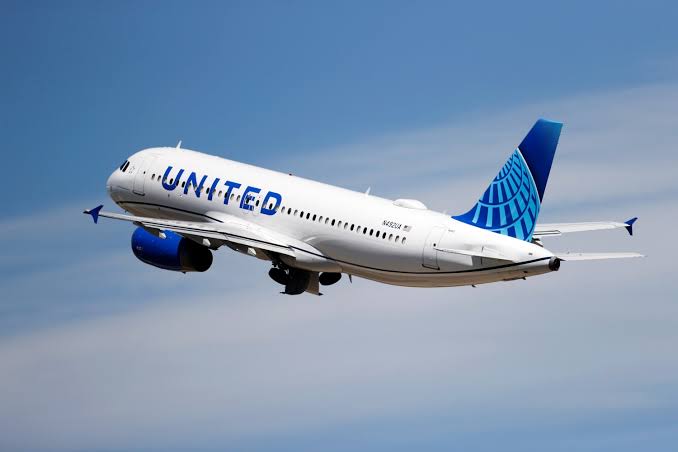United Airlines Faces Lawsuit with Potential $1 Billion Impact
United Airlines is embroiled in a significant legal battle that could cost the company over $1 billion. The lawsuit, which has gained class-action status, involves thousands of employees who claim they were subjected to punitive and discriminatory practices under United’s COVID-19 policies. These policies included strict mask mandates and alleged retaliation against unvaccinated staff. The lawsuit accuses United of prioritizing a marketing campaign over employee rights, leading to widespread dissatisfaction and legal action.
Background of the Lawsuit
The lawsuit originates from United’s aggressive implementation of COVID-19 policies, particularly the airline’s mandate requiring unvaccinated employees to wear N95 masks under all circumstances. The plaintiffs, which include a large group of United employees, allege that these policies were not only draconian but also discriminatory. For instance, the requirement to wear an N95 mask extended to employees working outdoors in extreme heat and even when they were off-duty or on vacation. Furthermore, unvaccinated employees were reportedly isolated and harassed, both by the company and by their vaccinated colleagues, under a system that visibly marked them as unvaccinated.
The lawsuit further claims that United’s CEO Scott Kirby pushed these measures to set an industry precedent and to leverage the company’s vaccination rate as a marketing tool. The plaintiffs argue that this was done at the expense of employees’ rights and well-being, resulting in a workplace environment that was both hostile and unsafe.
Potential Financial and Reputational Impact
The financial implications of this lawsuit for United Airlines are potentially severe. If the plaintiffs succeed, the airline could be liable for over $1 billion in damages. This would not only impact the company’s bottom line but could also have long-term repercussions on its reputation. United has worked hard to rebuild trust with its customers and employees following previous controversies, and this lawsuit threatens to undo much of that progress.
The case has also attracted significant media attention, with many questioning the ethics of United’s approach to its workforce during the pandemic. The outcome of the lawsuit could set a precedent for how companies handle employee relations during times of crisis, particularly in industries as heavily regulated and scrutinized as aviation.
Legal and Industry Reactions
The airline industry, as well as legal experts, are closely watching the developments in this case. Should the plaintiffs prevail, it could open the door to similar lawsuits against other companies that enforced stringent COVID-19 policies. This would have far-reaching implications for how businesses navigate future public health crises and balance safety protocols with employee rights.
Legal analysts have noted that United’s case is particularly significant because of the scale and scope of the alleged misconduct. The class-action status of the lawsuit means that thousands of employees could potentially receive compensation, making it one of the largest cases of its kind in recent history.
United Airlines’ Response
United Airlines has largely remained tight-lipped about the ongoing litigation, refusing to comment on the specifics of the case. However, the company has defended its COVID-19 policies as necessary measures to protect both its employees and passengers during an unprecedented global pandemic. United’s leadership has emphasized that their primary goal was to ensure safety and compliance with public health guidelines, which they argue justified the strict measures that were implemented.
Despite these defenses, the lawsuit paints a picture of an airline that may have overstepped its bounds, prioritizing its public image over the rights of its employees. The outcome of the case will likely hinge on whether the court finds that United’s policies were excessively punitive and whether they were implemented in a manner that violated federal and state employment laws.
Looking Forward
As the lawsuit moves forward, the implications for United Airlines and the broader airline industry remain uncertain. A ruling against United could lead to significant financial penalties and necessitate changes in how the company manages employee relations in the future. Additionally, it could influence how other companies approach public health mandates, particularly in terms of balancing safety with employee rights.
For United, the stakes are high. The airline is already navigating a challenging post-pandemic recovery period, and a major legal defeat could further complicate its efforts to regain stability. The coming months will be critical as the case unfolds and the industry watches closely to see how one of the world’s largest airlines handles one of its most significant legal challenges to date.
In conclusion, the lawsuit against United Airlines serves as a stark reminder of the complex challenges that companies face in navigating public health crises, particularly when those challenges intersect with employee rights and corporate responsibility. The outcome of this case will likely have lasting repercussions, not just for United, but for the broader business community as well.





